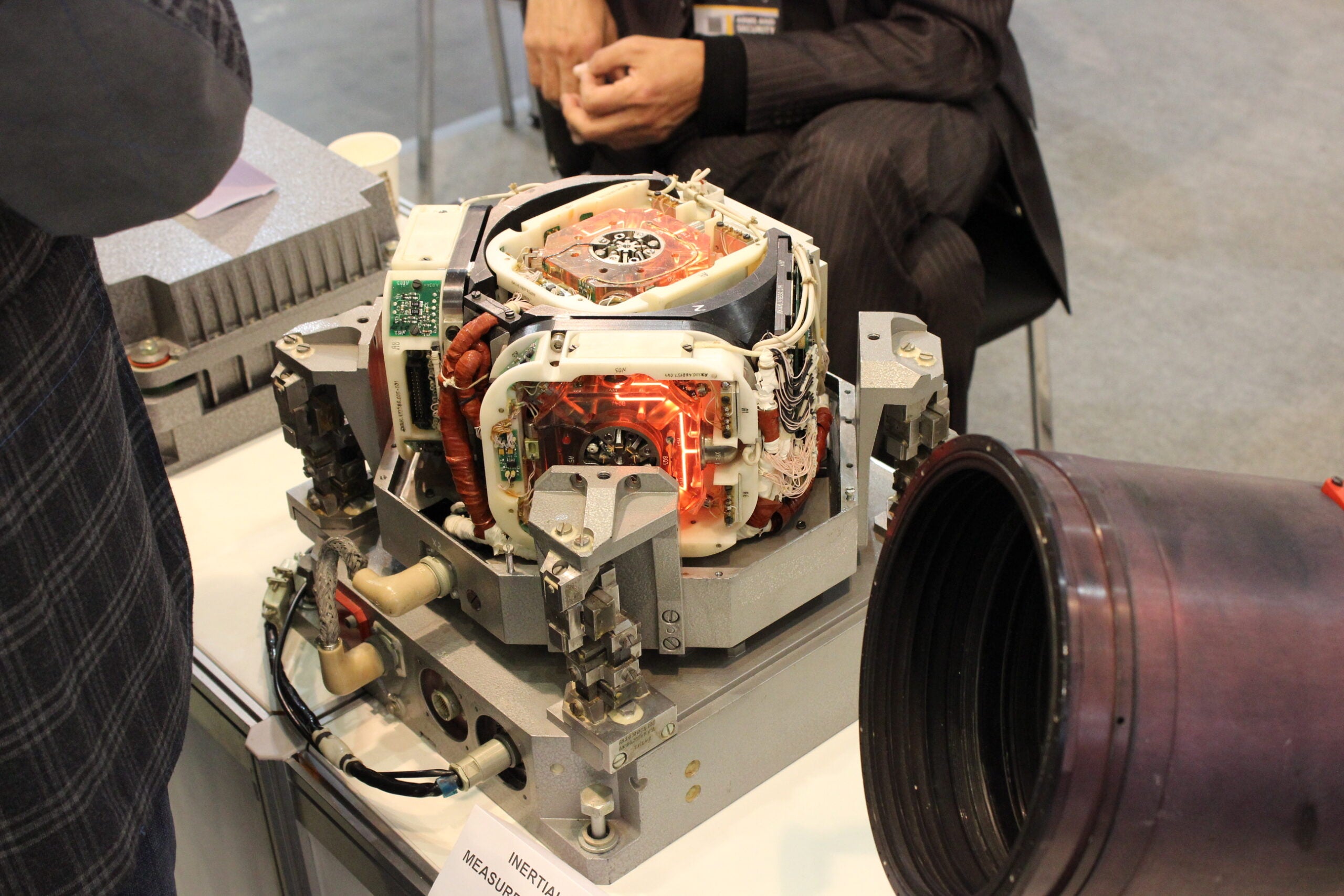
Collins Aerospace has been awarded a multimillion-pound contract to support the British Government’s Weapons Sector Research Framework (WSRF).
The framework is managed by the UK Ministry of Defence’s Defence Science and Technology Laboratory (Dstl).
It has been designed to expedite the development of future weapons technologies by conducting weapons science and technology research.
As part of the latest multi-year award, Collins Aerospace will work together with Dstl to develop an Inertial Measurement Unit (IMU) to support the emerging complex weapons platforms.
This tactical grade or Class A inertial sensor will be developed using micro-electro-mechanical systems technology.
Collins Aerospace IMU Value Stream leader Stuart Cooper said: “Complex weapons of the future require a higher grade of IMU navigation capability that can withstand harsher environments.

US Tariffs are shifting - will you react or anticipate?
Don’t let policy changes catch you off guard. Stay proactive with real-time data and expert analysis.
By GlobalData“Over our 100-year history in Inertial Systems design, Collins has delivered hundreds of thousands of IMUs to both the military and commercial markets.
“Our forthcoming multi-year relationship with Dstl will provide enhanced capability to our users worldwide.”
The company will perform the associated work at its engineering and manufacturing facility in Plymouth, UK.
A Collins Aerospace’s Advanced Technology team in Bristol will also support the IMU development work.
According to Collins, the IMU technology provides navigation and guidance for a variety of multi-domain platforms.
It will ensure the delivery of desired performance from the platform at a comparatively lower cost.
The new inertial sensor also has a smaller form factor than the existing fibre-optic gyro and ring laser gyro solutions.
In 2020, UK-based company QinetiQ was selected as a prime contractor for the WSRF initiative.



